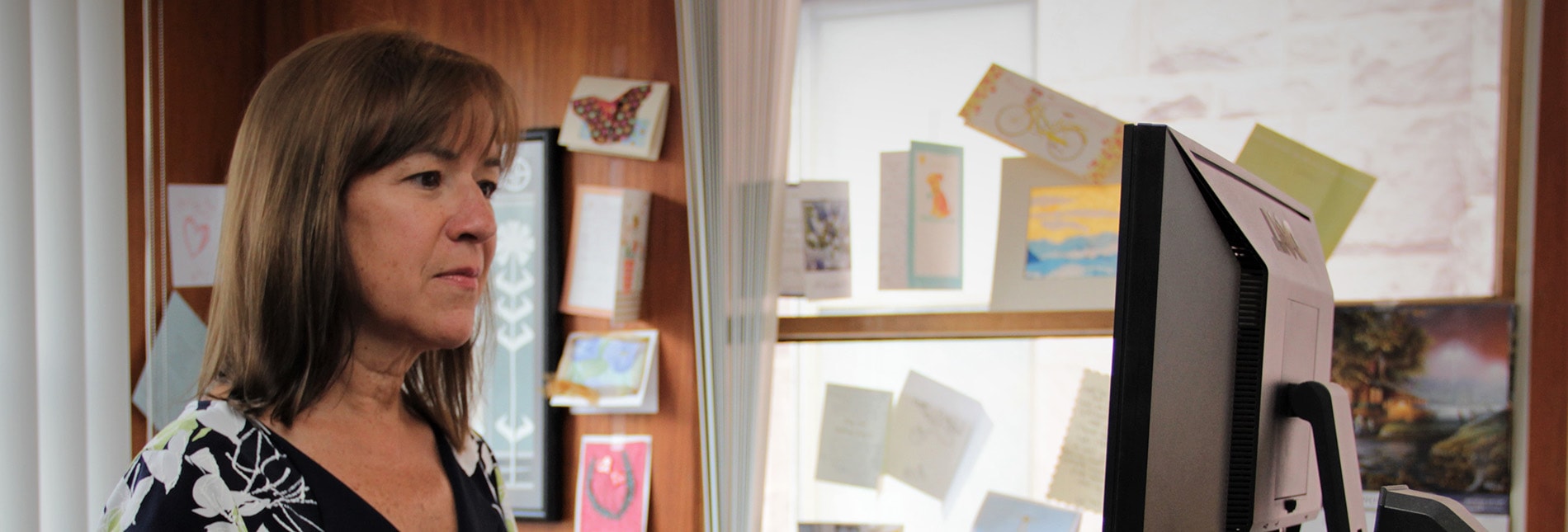
In its 28 years as a non-profit organization operating in Northeastern Pennsylvania, the Northeast Regional Cancer Institute (NRCI) has spearheaded a number of initiatives that have helped ease the burden of cancer in the region. The Community Based Cancer Screening Navigation Program, initiated in 2012, is an evidence-based screening initiative that has been utilized by individuals from Lackawanna to Luzerne to Wayne Counties—and beyond. Recently, the NRCI applied for a grant from Moses Taylor Foundation to bring in an outside consultant who will assess the existing process and system for reaching patients, discuss possible enhancements, and make recommendations for strengthening patient engagement. The idea to bring in an outside evaluator first began when Laura Toole, LCSW, Executive Vice President of NRCI, had a conversation with Moses Taylor Foundation, which led to the suggestion.
“The Foundation will often ask about the kind of support we need,” Toole said, as she explained how the evaluation process got off the ground. “Not only did they help cover the costs for the consultant, but they helped us find a qualified person who would work well with us.”
As Toole explained, although her organization does continuous internal evaluations, the time seemed right to bring in an outside evaluator to look at its Community Based Cancer Screening Navigation Program. This, she said, will improve their process and services. Although the consultant’s work is not yet complete, Toole said that the process had been going wonderfully—even though there may have been some reservations, at least in the beginning.
“To invite an open evaluation can sometimes make people feel a little vulnerable professionally,” Toole explained. “We are going to get good feedback to tweak our program and make it stronger,” she said, adding: “So far, we have gotten good suggestions about what we are doing well and can build on.”
Specifically, some of the areas the consultant is evaluating include:
“Going through a process like this, your organization needs to trust the outcome of the evaluation and the information that it includes,” she said.